Dear Friends,
Today I share the first interview in my series on the metaphors You are a Tree and other metaphors to nourish life, thought, and prayer. I speak with Malcolm Guite. Malcolm Guite is a poet, priest, and rock and roller. He writes and speaks about the intersection of religion and the arts, with a particular interest in the Inklings and Samuel Taylor Coleridge. He has written many collections of poetry and advocates for the importance of the imagination in the spiritual life.
We covered a lot of ground in our conversation. We talked about why the metaphor for people as trees is fitting, how the natural world reflects the spiritual, the metaphorical nature of thought, and how a Celtic saint really became a tree. In the second half we discuss two poems: one by Malcolm and one by Seamus Heaney. Having Malcolm read the aloud was a real treat.
Below, I attach both of the poems…
St Kevin and the Blackbird
By Seamus Heaney
And then there was St Kevin and the blackbird.
The saint is kneeling, arms stretched out, inside
His cell, but the cell is narrow, so
One turned-up palm is out the window, stiff
As a crossbeam, when a blackbird lands
And lays in it and settles down to nest.
Kevin feels the warm eggs, the small breast, the tucked
Neat head and claws and, finding himself linked
Into the network of eternal life,
Is moved to pity: now he must hold his hand
Like a branch out in the sun and rain for weeks
Until the young are hatched and fledged and flown.
*
And since the whole thing's imagined anyhow,
Imagine being Kevin. Which is he?
Self-forgetful or in agony all the time
From the neck on out down through his hurting forearms?
Are his fingers sleeping? Does he still feel his knees?
Or has the shut-eyed blank of underearth
Crept up through him? Is there distance in his head?
Alone and mirrored clear in love's deep river,
'To labour and not to seek reward,' he prays,
A prayer his body makes entirely
For he has forgotten self, forgotten bird
And on the riverbank forgotten the river's name.
Here is Seamus Heaney himself reading the poem aloud!
I am the Vine, a sonnet
By Malcolm Guite
How might it feel to be part of the vine?
Not just to see the vineyard from afar
Or even pluck the clusters, press the wine,
But to be grafted in, to feel the stir
Of inward sap that rises from our root,
Himself deep planted in the ground of Love,
To feel a leaf unfold a tender shoot,
As tendrils curled unfurl, as branches give
A little to the swelling of the grape,
In gradual perfection, round and full,
To bear within oneself the joy and hope
Of God’s good vintage, till it’s ripe and whole.
What might it mean to bide and to abide
In such rich love as makes the poor heart glad?
I attached the video version of our interview to the top of this email in case any of you prefer YouTube to podcasts, but also so you could get a sneak peak of Malcolm’s wonderful study. In fact, Malcolm has rather wonderful YouTube channel himself called a Spell in the Library. In each video Malcolm shows you around his study, reads poems and passages from books, and smokes one of his (many!) pipes. It is delightful and I highly recommend it. You can start here:
That’s all for today, friend’s! I look forward to sharing next week’s episode with you from Dave Zahl on Sadness is Heavy. I’ve decided to release the episodes out of the order they appear in the book to accommodate schedule constraints for the interviewees. Each of these conversations have been so enriching and enjoyable. I hope you enjoy I hope you enjoy listening to these conversations as much as I enjoyed having them. Till next week!
Warmly,
Joy




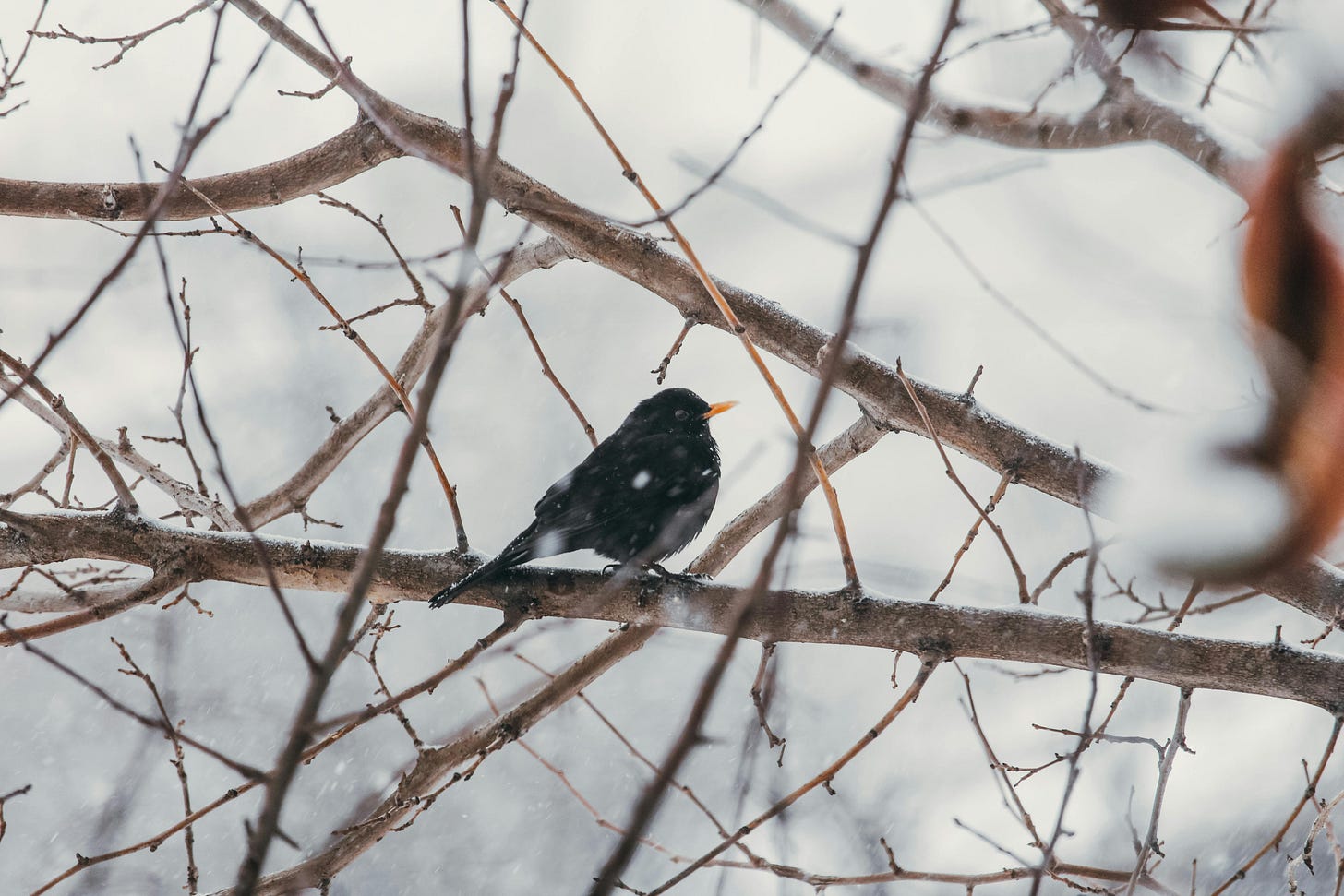
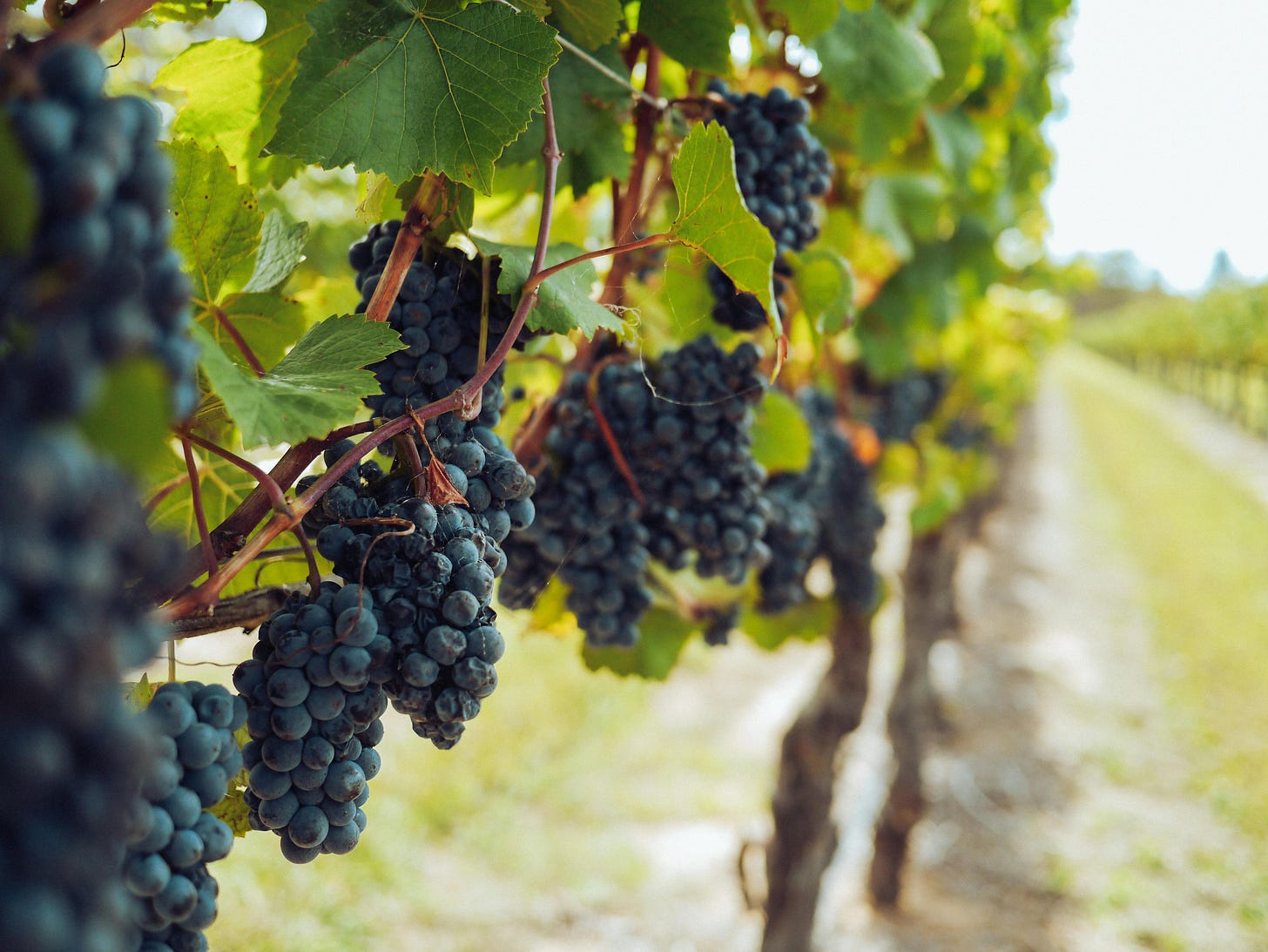
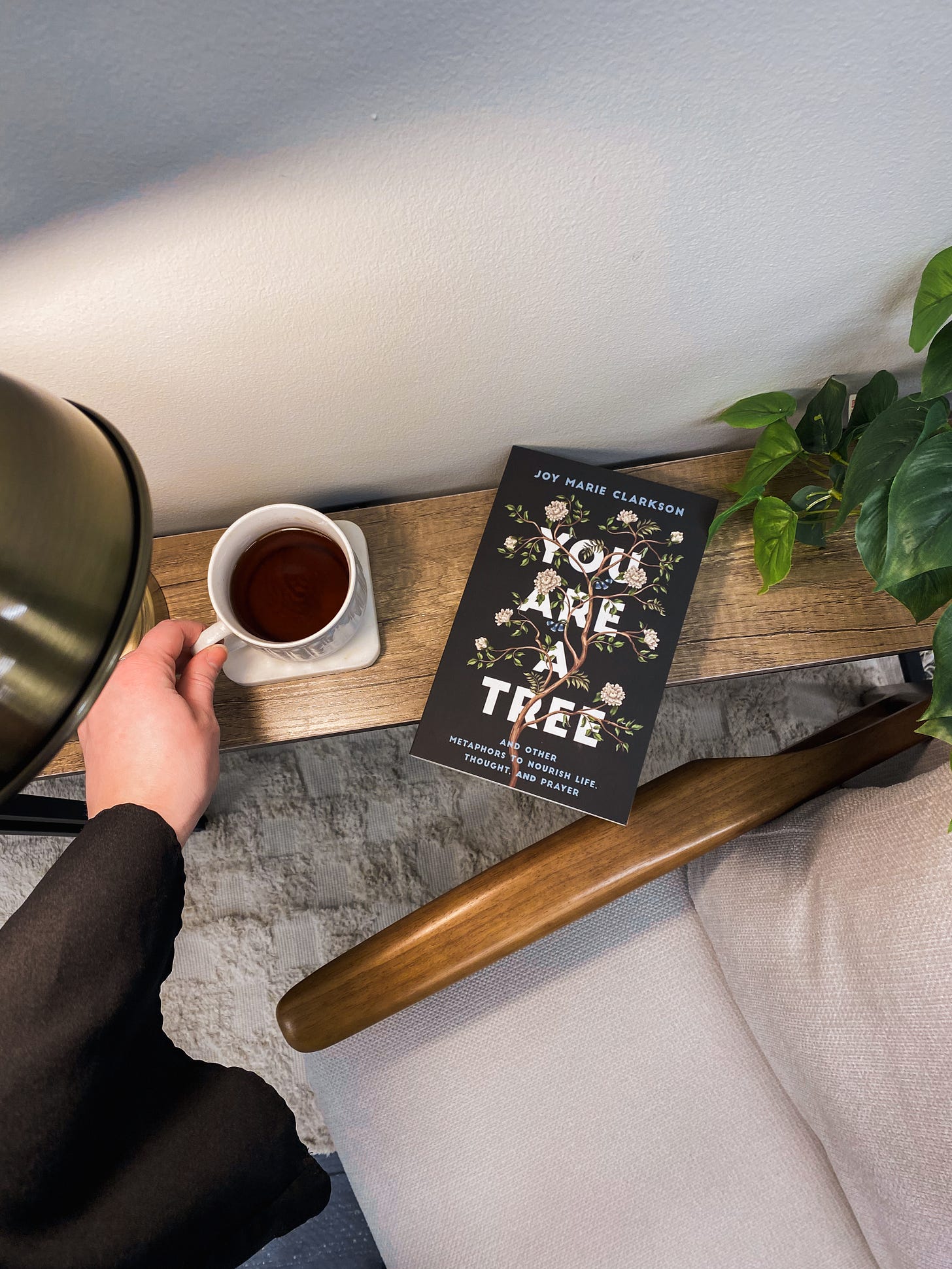


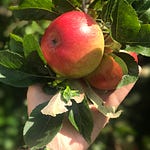
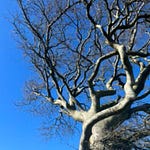
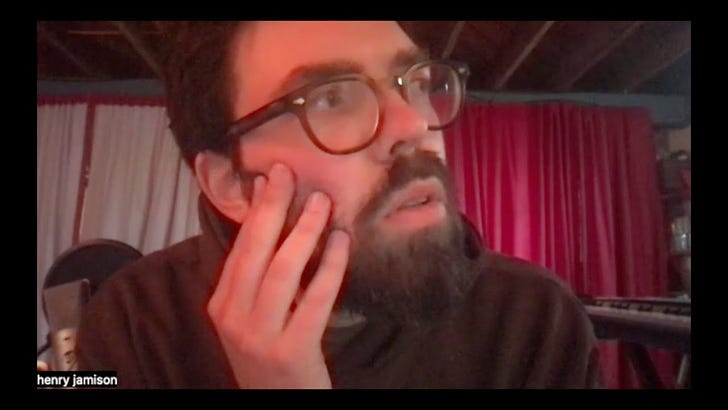
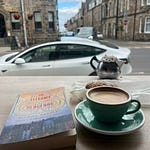
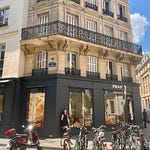
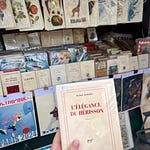
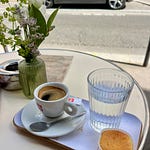
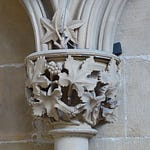
Share this post